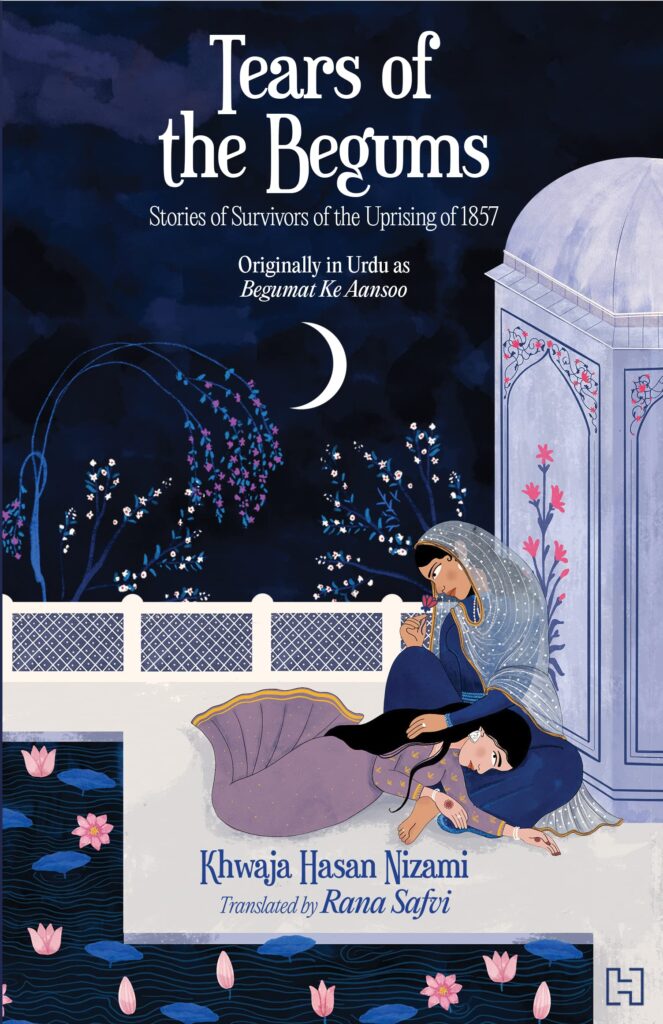UTTARAKHAND / NEW DELHI:
Author Nuzhat Khan weaves a story of love and loss against the backdrop of Uttarakhand’s forest fire catastrophe in her latest novel.
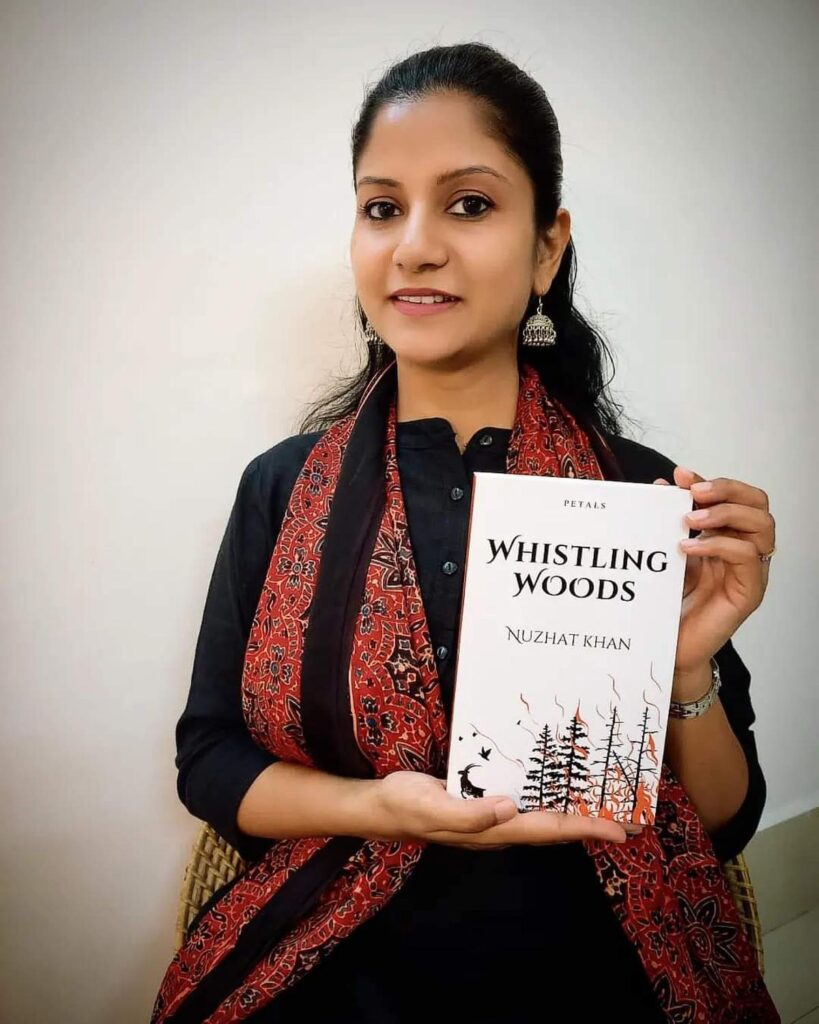
Author Nuzhat Khan is among the growing tribe of writers confronting the world’s most pressing issue — climate emergency and the unfolding weather catastrophe — through a genre of fiction set in natural ecosystems. In her latest novel Whistling Woods (Petals Publishers), she highlights the impact of forest fire on people’s livelihood in Uttarakhand along with the story of two strangers — Akshay and Kaveri — who embark on a journey of self-discovery to the hills.
Nuzhat says the book is her way of doing her bit for Nature and the environment. “Growing up in Almora hill station amidst the snow-capped Himalayan ranges of Uttarakhand, I was blown away by the stunning landscape. This is the case with anyone who belongs to the hills. It pained me to watch forest fires ravage the serene hills.” She decided to act by writing a light-hearted story around the issue to reach out to more people. “I thought presenting plain facts and figures would be drab on topics like, what’s fuelling forest fires that continue to scorch hectares of green cover? I have tried to propose a solution, although it may not be the perfect one,” she says.
Her style of storytelling, both evocative and driven by research, helps readers get a grip of the issue while enjoying the budding romance between the lead characters. “I have attempted to capture a mix of human emotions, complexity of relationships, and the innocence of love. The setting helped me run parallels between urban and rural lives. For people in villages, even access to clean drinking water can be challenging ” explains Nuzhat adding that the book has been in the making for five years which also involved several trips to institutes like Avani Bio-Energy plant in Pithoragarh, the Naula Foundation, an NGO that creates awareness on the problems of dying aquifiers (naulas) in the hills of Uttarakhand.
“My interactions with the locals and forest department officials was an eye-opener. They are constantly working to mitigate the problem. Organisations like the Himalayan Institute For Environment, Ecology & Development have developed fire reporting apps that can alert people on forest fires across various locations.”
She points out that the ashram described in the book that works towards empowering girl children was inspired by the Lakshmi Ashram run by a couple in Uttarakhand. “Some of the characters are not entirely fictional,” she hints.
The book also touches upon excessive tourism in the hills. “Several unplanned constructions in the form of resorts have come up usurping the forest cover and triggering landslides. The region is also prone to earthquakes.” She wants people to sit up and take note of Uttarakhand. “Everyone wants to live in the hills. I want to tell them it is beautiful, but everyday life can be challenging.”
source: http://www.thehindu.com / The Hindu / Home> Books / by K Jeshi / December 26th, 2023
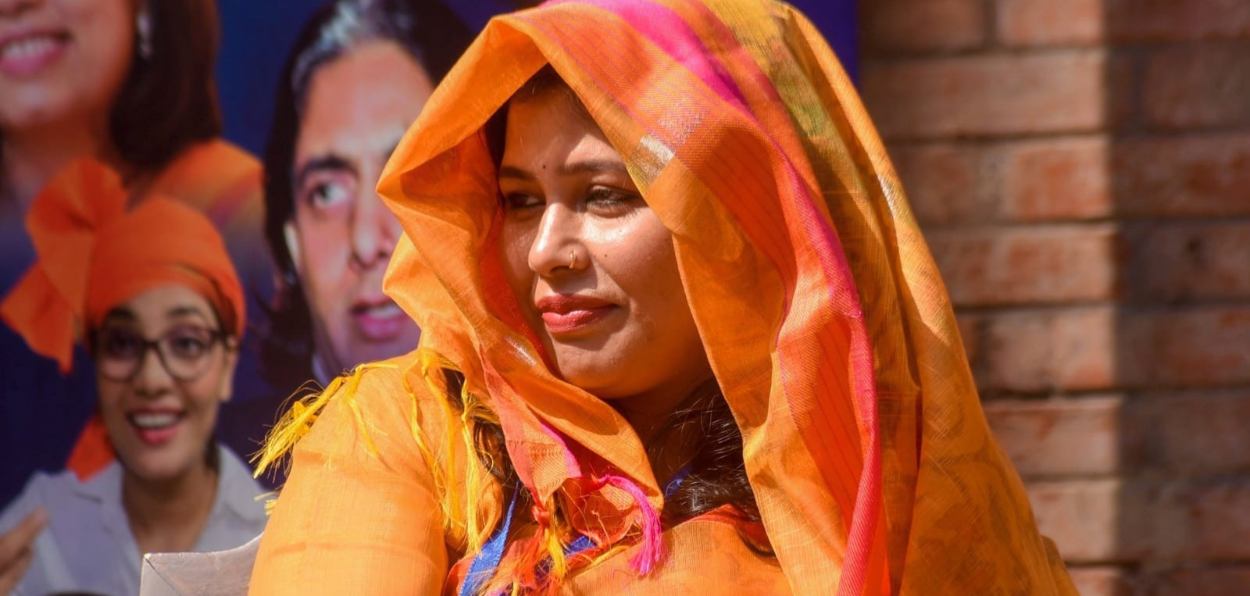
.jpeg)
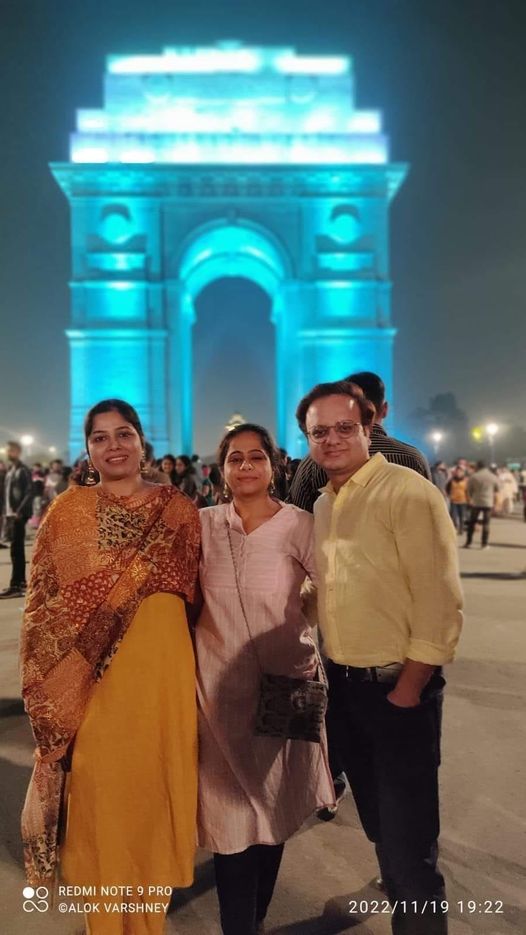
.jpeg)
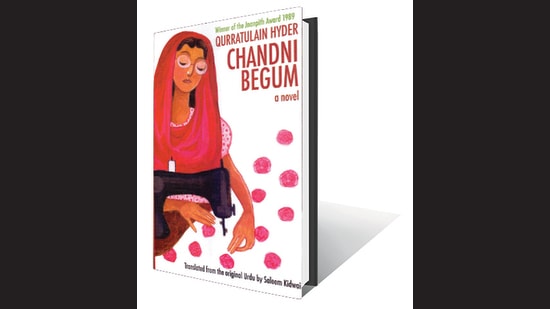
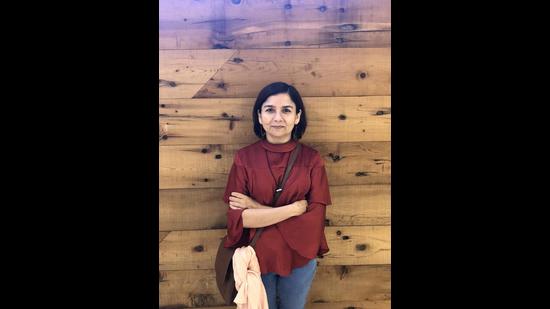
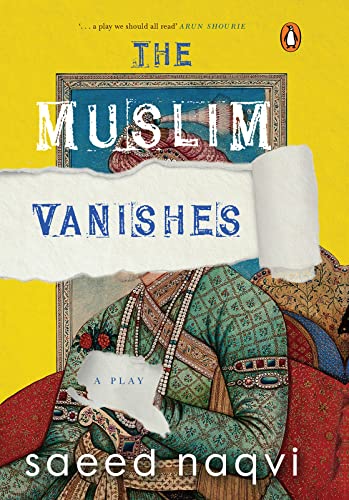
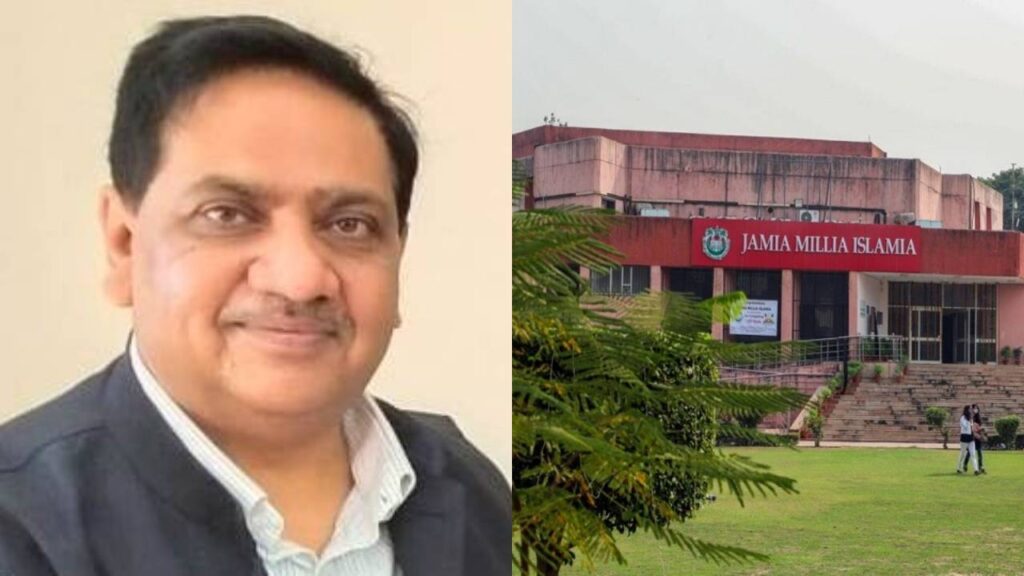
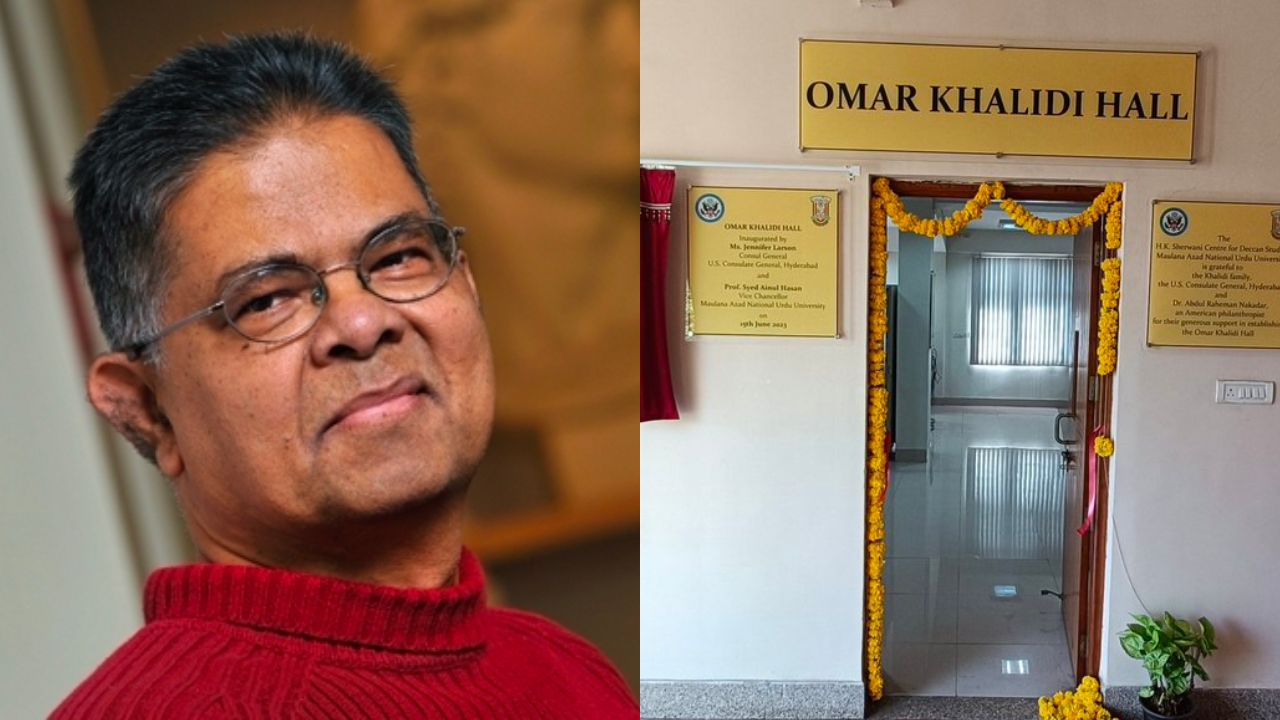
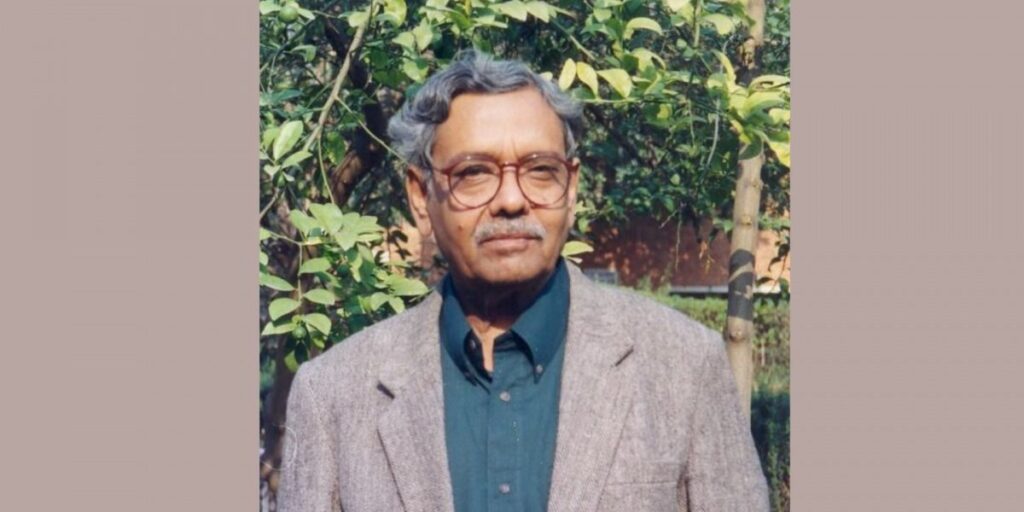
:quality(70)/cloudfront-eu-central-1.images.arcpublishing.com/thenational/ACD5KFPDRSOD3UNOBQCGVOPNHM.jpg)
